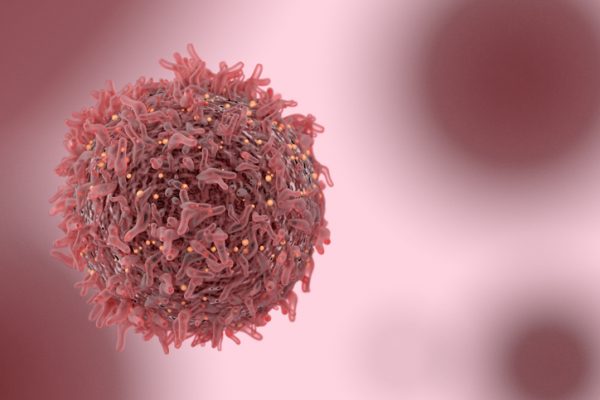
A Phase II study of a GlaxoSmithKline drug to treat the blood cancer multiple myeloma has been successful, the company said Friday.
The London-based drugmaker said it had positive headline results from the DREAMM-2 study of GSK2857916 (belantamab mafodotin), an antibody-drug conjugate that targets the antigen BCMA. It did not provide details of the data, but said they would be submitted for a upcoming scientific meeting and also for regulatory approvals starting later this year. The drug uses linker technology that GSK licensed from Seattle Genetics, which makes the drug Adcetris (brentuximab vedotin), approved for Hodgkin’s lymphoma and certain T-cell non-Hodgkin’s lymphoma patients.
Belantamab mafodotin is one of several drugs in development for multiple myeloma that target BCMA. Others include bluebird bio and Celgene’s bb2121 (idecabtagene vicleucel), a CAR-T cell therapy, and Amgen’s AMG 420, a bispecific antibody. Johnson & Johnson’s Janssen subsidiary is also developing a BCMA-targeting CAR-T, JNJ-68284528, developed with Nanjing, China-based Legend Biotech. Analysts expect to see bluebird and Celgene’s CAR-T submitted for regulatory approval early next year.
DREAMM-2 is testing belantamab mafodotin at multiple dosages in patients who have failed on at least three prior lines of therapy, including a monoclonal antibody targeting the antigen CD38. It is part of a broader trial program that includes 10 DREAMM trials, as well as an investigator-sponsored trial. Five trials – DREAMM-3, -7, -8, -9 and -10 – are Phase III combination studies currently in the planning stages.
Janssen and Genmab’s Darzalex (daratumumab) is a CD38-targeting monoclonal antibody approved for multiple myeloma. Meanwhile, the Food and Drug Administration is reviewing French drugmaker Sanofi’s anti-CD38 drug, isatuximab, and is expected to rule on it next April.
In March, the company published results from the Phase I DREAMM-1 trial in Nature’s Blood Cancer Journal. The results showed that 60 percent of patients in the second part of the trial achieved an objective response to therapy, including 15 percent who achieved a complete response. The median duration of response was 14.3 months, and the median progression-free survival was 12 months, compared with a previously reported PFS of 7.9 months.

A Deep-dive Into Specialty Pharma
A specialty drug is a class of prescription medications used to treat complex, chronic or rare medical conditions. Although this classification was originally intended to define the treatment of rare, also termed “orphan” diseases, affecting fewer than 200,000 people in the US, more recently, specialty drugs have emerged as the cornerstone of treatment for chronic and complex diseases such as cancer, autoimmune conditions, diabetes, hepatitis C, and HIV/AIDS.
If the drug ultimately wins approval based on the Phase II data, it will face a crowded market, given the number of other BCMA-targeting therapies in development. However, it is not completely clear what the competitive landscape will look like in terms of how oncologists might select different therapies. For example, AMG 420 may end up with a competitive edge against the CAR-Ts if the latter prove difficult to deploy, thanks to its off-the-shelf availability, with cost playing a potentially important role.
At the same time, BCMA-targeting monoclonal antibodies and CAR-Ts may complement rather than directly compete with each other. It is unclear whether patients who have already received a BCMA-targeting antibody continue expressing the antigen when their disease returns. However, an oncologist at the American Society of Clinical Oncology meeting in June noted that many patients who have received Amgen’s Blincyto (blinatumomab), which targets the CD19 antigen in acute lymphoblastic leukemia, have been able to receive subsequent CD19-targeting CAR-T therapy. Another noted that BCMA-targeting therapies can be effective even in patients who test negative for the antigen.
Photo: CGToolbox, Getty Images












